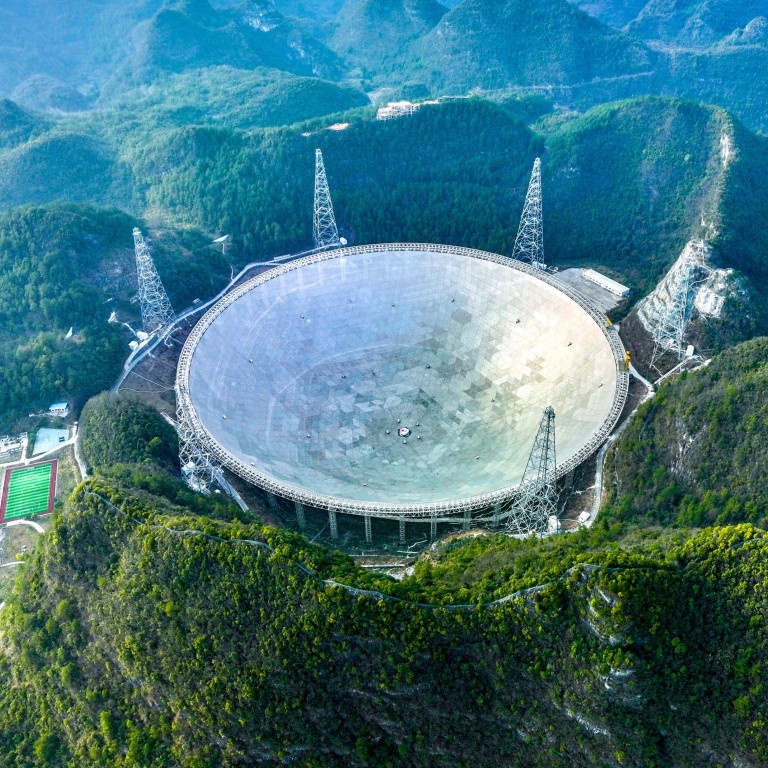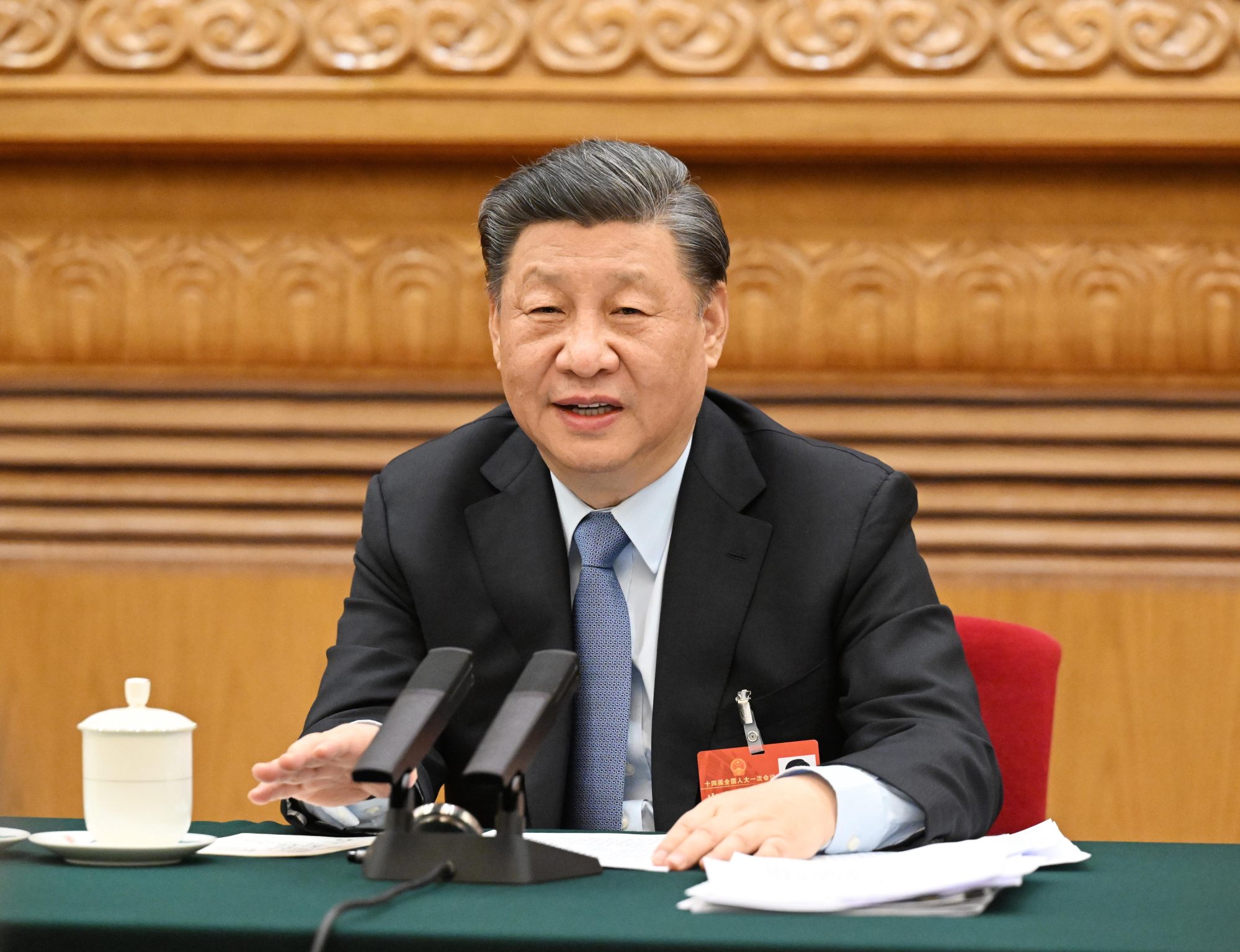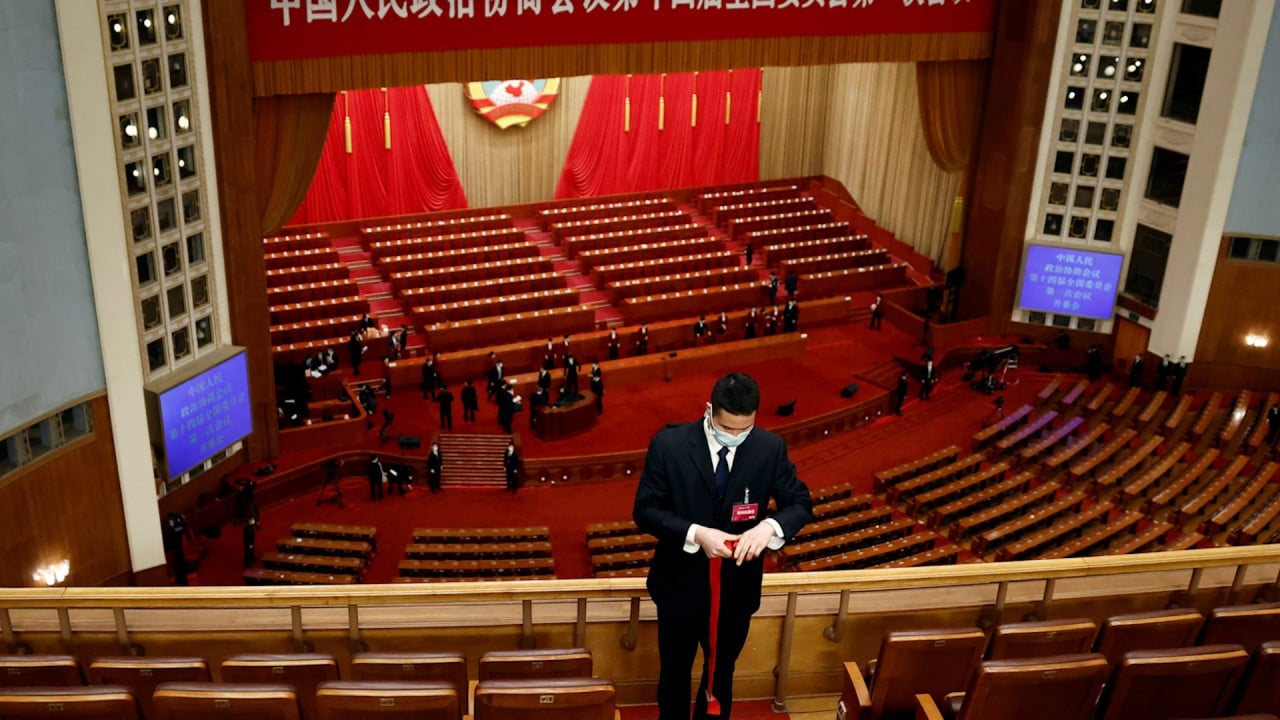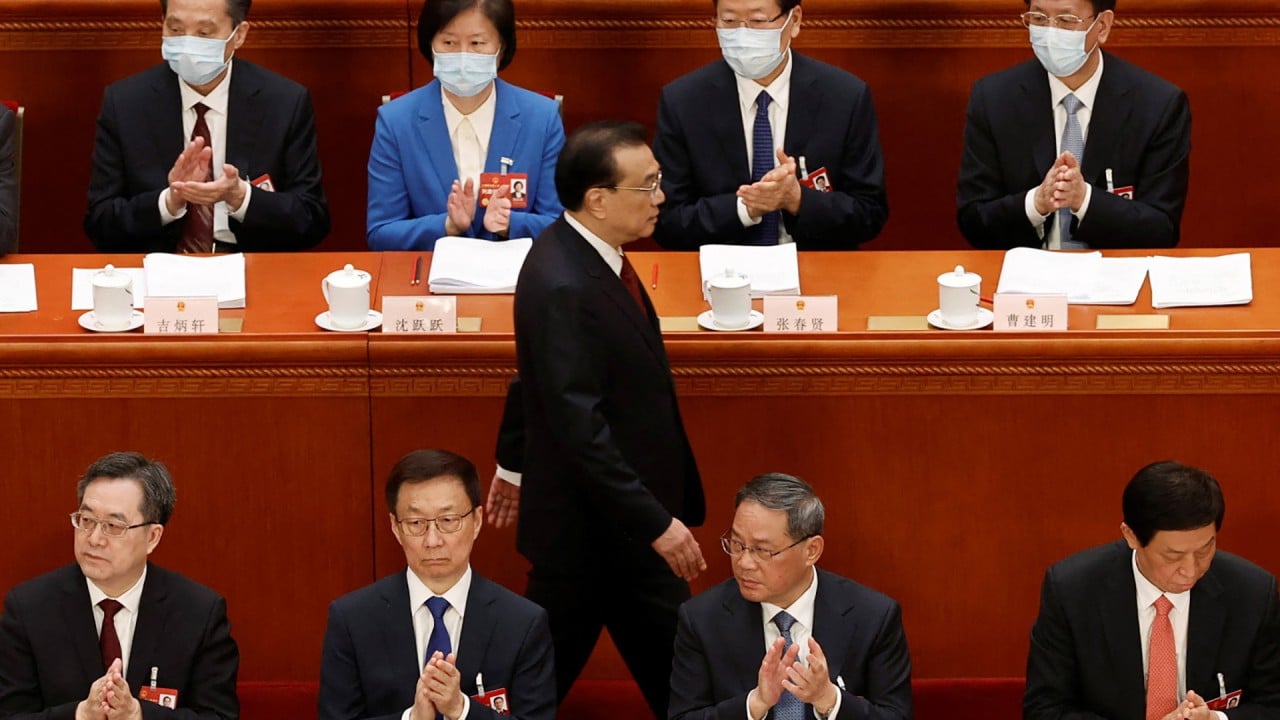
China’s ‘two sessions’ 2023: 2 per cent budget boost for science and technology
- Increase reflects growing importance of sector in country’s development, analyst says, as President Xi Jinping signals more support
- Premier Li Keqiang says spending overall on R&D has risen from 2.1 per cent to over 2.5 per cent of GDP over the past five years
China’s central government will increase spending on science and technology by 2 per cent this year, amid a years-long drive by the United States to contain the development of Chinese technology.
According to a draft budget report released by the Ministry of Finance on Sunday, the central government’s expenditure on science and technology is projected to reach 328 billion yuan (US$47.55 billion) in 2023, slightly higher than last year’s 318.7 billion yuan.
The amount is a small proportion of China’s overall research and development outlays, and it does not include investment from local governments and companies.
China is the world’s second-biggest spender on R&D.
Its total expenditure on research and development surpassed 3 trillion yuan in 2022, 10.4 per cent more than a year earlier and accounting for 2.55 per cent of national GDP, according to the National Bureau of Statistics.
The central government’s spending in the area was largely unchanged last year, but once local government outlays were factored in, the combined total was 7.2 per cent higher than in 2021.
Mu Rongping, director general of the Chinese Academy of Sciences’ Centre for Innovation and Development, said increases in the central government’s spending reflected the importance of science and technology in the country’s future development.
“Spending on science and technology has increased when overall spending is tight. This in itself underlines the importance of technology and its core status,” Mu said.
China leads US in global competition for key emerging technology: study
In his address, Li said China had made breakthroughs in core technologies in key fields, and a stream of innovations had emerged in areas such as manned space flight, deep-sea and deep-earth probes, supercomputers, quantum information and artificial intelligence.
He said spending overall on research and development had risen from 2.1 per cent to over 2.5 per cent of GDP over the past five years, and scientific and technological progress had contributed more than 60 per cent to the country’s economic growth.
“Scientific and technological policies should aim at building up our country’s strength and self-reliance in science and technology,” Li said.
“We should better leverage the role of the government in pooling resources to make key technological breakthroughs.”
President Xi Jinping said the successful building of China into a modernised, powerful state hinged on “technological self-reliance and advancement”, as he signalled increased support for R& D.
“In the face of fierce international competition, we must carve out new tracks for development, create new momentum, and develop new strengths … All these rely on technology fundamentally,” Xi said during a meeting with delegates from prosperous Jiangsu province on Sunday afternoon.
Xi called on the province to strengthen the position of enterprises and create a robust environment for technological breakthroughs, to support its aims of becoming a world-leading innovation hub.
“We must deepen scientific and technological reform, cultivate an innovative culture, improve the evaluation system and incentive mechanism, and create a good environment for talent to stand out and expand capability,” Xi emphasised.

Li Zhimin, deputy president of the National Centre for Science and Technology Evaluation, a specialist agency affiliated with the Ministry of Science and Technology, said 2.5 per cent was a big increase in R&D spending, and more of it should to go to basic research, an area that he said was underfunded in China.
“The great rejuvenation of the Chinese nation must be supported by science and technology, which in turn requires an increase in research investment,” Li Zhimin said.
The draft budget report added that China would overhaul the mechanisms for allocating and using government research funds, and would “grant scientists a greater say when it comes to determining technological road maps and spending research funds”.
China would also strengthen international cooperation in science and technology and support the launch of the first international Big Science programme, a project it initiated in 2018.
According to the State Council, the programme aims to address the common challenges facing the world and to promote innovation and progress in science and technology around the globe.
By mid-century, China would “play a big role in the global scientific innovation governance system while continuing to make contributions to solving major global scientific issues”.
This Chinese chip firm is surviving US sanctions by focusing on mature tech
Mu said China needed to launch such projects both for its own scientific development and to contribute to the world.
“It is probably the most important way for us to sustain the globalisation of innovation in the future,” he said.
“We are demonstrating with practical action that we can step up and take responsibility as a major country.”
Additional reporting by Hayley Wong



